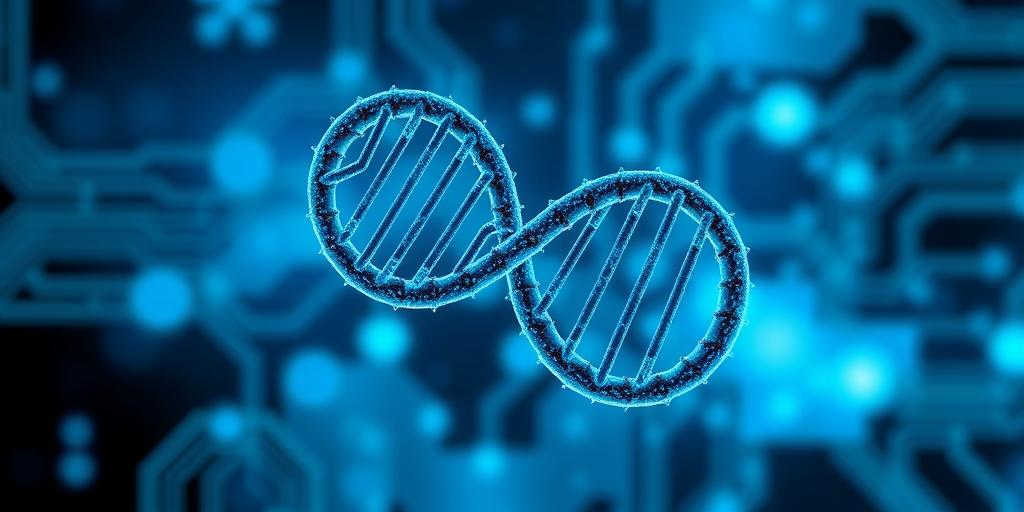Genetic engineering, the process of altering an organism's DNA to modify its characteristics, holds immense potential for advancements in medicine, agriculture, and other fields. However, it also raises significant ethical concerns that must be carefully considered. This post aims to provide an informative overview of the ethical implications of genetic engineering.
Potential Benefits and Applications
Genetic engineering offers a wide range of potential benefits:
- Disease Treatment and Prevention: Gene therapy can be used to correct genetic defects, treat diseases like cystic fibrosis and Huntington's disease, and develop new vaccines.
- Improved Agriculture: Genetically modified crops can be engineered to be more resistant to pests, herbicides, and harsh environmental conditions, leading to increased yields and reduced pesticide use.
- Enhanced Nutrition: Genetic engineering can enhance the nutritional content of food, addressing vitamin deficiencies and improving public health.
- Biomanufacturing: Genetically modified organisms can be used to produce valuable pharmaceuticals, biofuels, and other industrial products.
Ethical Concerns and Challenges
Despite its potential, genetic engineering raises several ethical concerns:
- Safety: The long-term effects of genetic modifications on human health and the environment are not fully understood. There are concerns about unintended consequences, such as the development of new allergens or the spread of modified genes to wild populations.
- Equity: Access to genetic engineering technologies may be limited to wealthy individuals and countries, exacerbating existing health and economic disparities. The cost of gene therapy, for example, can be prohibitively expensive.
- Informed Consent: Individuals undergoing genetic testing or gene therapy must be fully informed about the risks and benefits of the procedure and have the right to refuse treatment. However, obtaining truly informed consent can be challenging, especially in cases involving children or individuals with cognitive impairments.
- Privacy: Genetic information is highly sensitive and personal. There are concerns about the potential for genetic discrimination by employers, insurers, or other institutions. Robust privacy protections are needed to safeguard individuals' genetic data.
- Eugenics: Genetic engineering could be used to enhance human traits, leading to a new form of eugenics. This raises concerns about social justice, equality, and the definition of what it means to be human.
- Environmental Impact: The release of genetically modified organisms into the environment could have unforeseen consequences for biodiversity and ecosystem health. Careful risk assessments are needed to minimize potential harm.
Regulatory and Ethical Frameworks
To address these ethical concerns, several regulatory and ethical frameworks have been developed:
- International Guidelines: Organizations like the World Health Organization (WHO) and UNESCO have issued guidelines on the ethical use of genetic engineering technologies.
- National Regulations: Many countries have established regulations to govern the development and use of genetically modified organisms and gene therapies.
- Ethical Review Boards: Research involving genetic engineering often requires review by ethical review boards to ensure that it is conducted in accordance with ethical principles.
Conclusion
Genetic engineering holds tremendous promise for improving human health and well-being, but it also raises significant ethical concerns that must be carefully addressed. By engaging in thoughtful dialogue and developing appropriate regulatory and ethical frameworks, we can harness the benefits of genetic engineering while minimizing the risks.
It is crucial to continue to evaluate the ethical implications of genetic engineering as the technology continues to evolve. Public engagement, transparent communication, and ongoing research are essential to ensure that genetic engineering is used responsibly and for the benefit of all.









